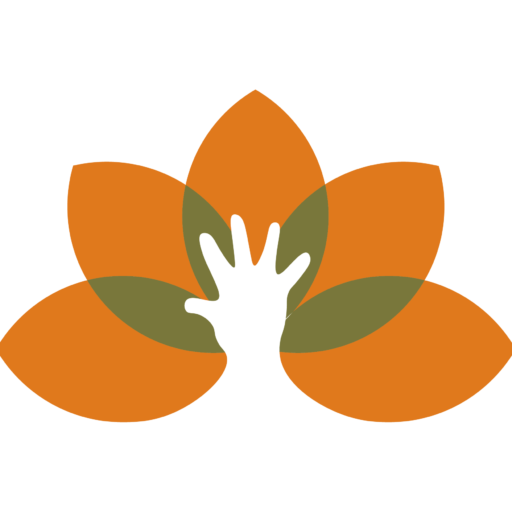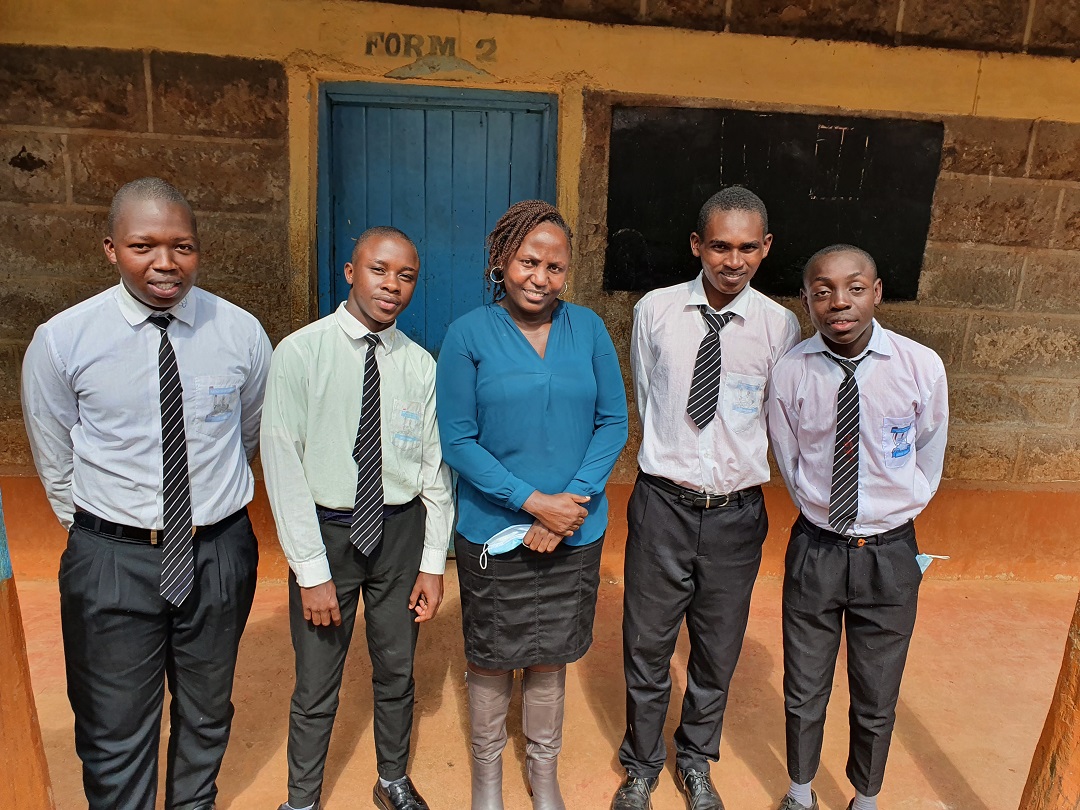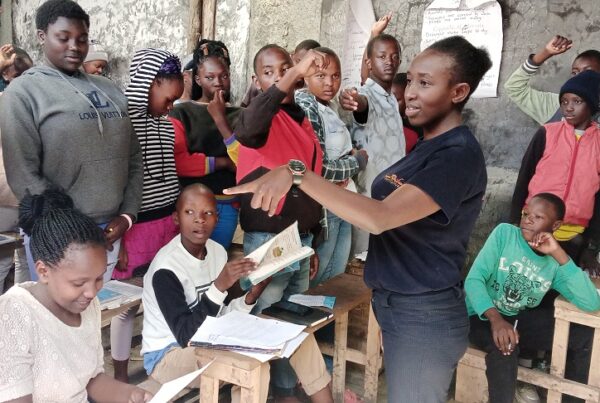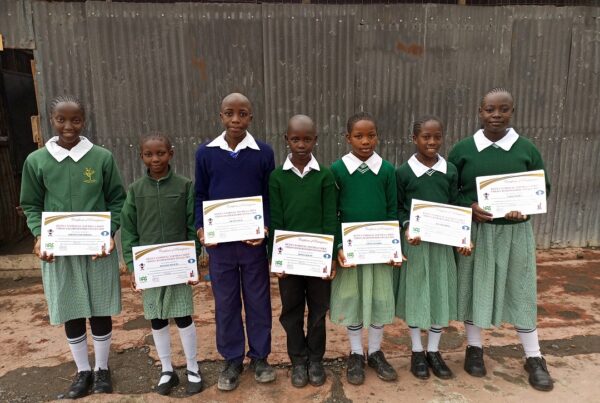In the global conversation around development, we often hear about innovation, investment, and infrastructure. But when it comes to real, lasting change in informal settlements—places often labeled “underserved” or “marginalized”—one truth stands out: the most effective solutions come from within the community itself.
At Beyond the Vision Initiative (BVI), this isn’t just a philosophy. It’s our entire operating model.
1. The Limitations of Top-Down Development
For decades, many interventions in informal settlements have followed a well-meaning but flawed approach: external organizations or governments plan initiatives for communities, often without fully understanding their lived realities.
These efforts, while generous, can struggle because:
- They may not align with cultural or contextual needs.
- They often fail to engage the community in meaningful ways.
- They create dependency instead of empowerment.
- They may lack sustainability once outside funding ends.
Without community ownership, even the most sophisticated ideas can falter.
2. What Does “Community-Rooted” Really Mean?
At BVI, “community-rooted” isn’t a buzzword. It’s a deeply intentional approach built on trust, listening, and partnership.
Here’s what it looks like in practice:
- Programs are designed with, not just for, the community. Every program—whether it’s education, mental health, feeding, mentorship, or entrepreneurship—is co-created with community members, parents, local leaders, and youth.
- Local talent leads the way. Our team members live in the very communities they serve. They understand the rhythms, the challenges, the hopes—and they carry the vision forward.
- We focus on dignity, not charity. Our work doesn’t position people as recipients of aid, but as contributors to a shared future.
This approach helps us avoid the “outsider fix” mentality and instead builds on what already exists: resilience, ingenuity, and deep communal bonds.
3. Why It Works: The Power of Familiarity and Trust
Community-rooted initiatives thrive because they’re grounded in real relationships. People are more likely to participate in and trust programs when:
- They know and recognize the leaders involved.
- They’ve contributed to shaping the solutions.
- They feel seen, heard, and respected.
- The solutions reflect their values, priorities, and realities.
For example, in our Mentor Me Program, the mentors are often older youth or adults from the same neighborhoods as the mentees. That shared background creates a connection no outsider could replicate. It tells a young person: “Someone like me made it. I can too.”
4. From Participation to Ownership: The Shift That Changes Everything
When people are engaged as stakeholders—not beneficiaries—they become protectors of the progress.
In our Jikimu Kimaisha economic empowerment program, we’ve seen women who once felt voiceless step into leadership, training others in entrepreneurship and becoming mentors in their own right. The ripple effects go far beyond a single training session. They redefine what’s possible in a community.
Ownership fuels:
- Sustainability: Programs aren’t reliant on external aid alone.
- Adaptability: Community-led initiatives respond faster to changes on the ground.
- Scalability: Locally rooted models can expand organically to nearby neighborhoods.
5. The Real Experts Are Already There
It’s time we stop treating informal settlements as blank slates or waiting rooms for development. These communities are rich with lived wisdom, untapped potential, and a hunger for change. What they need isn’t saving—they need partnership.
At BVI, we’ve learned that some of the most effective educators, caregivers, and changemakers don’t have degrees or titles. They’re mothers holding three jobs, teenagers raising their siblings, teachers who stay late to tutor without pay. These are the real architects of transformation.
6. How You Can Support Community-Rooted Change
Whether you’re a donor, volunteer, policymaker, or neighbor—your role matters.
You can:
- Fund community-led programs that already work.
- Champion local leadership in your networks and spaces.
- Listen deeply before prescribing solutions.
- Use your voice to advocate for dignity-driven approaches.
When you support BVI, you’re backing an entire ecosystem of people determined to build better futures from the inside out.
Final Thoughts: Change Grows from the Inside
Informal settlements aren’t problems to fix. They are communities to uplift—on their terms, in their voice.
And when we begin there—with trust, collaboration, and radical respect—we don’t just build programs.
We build movements.






